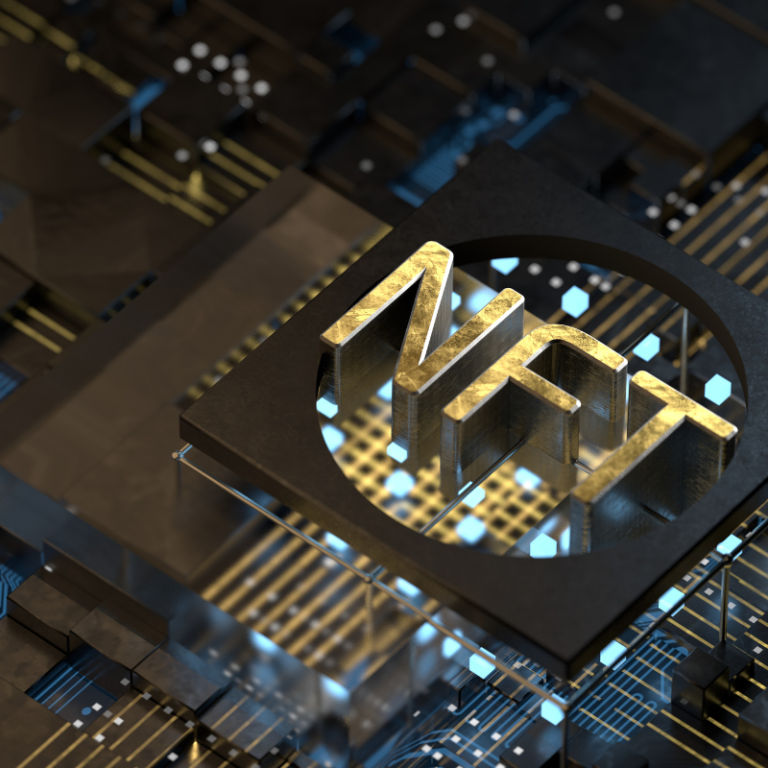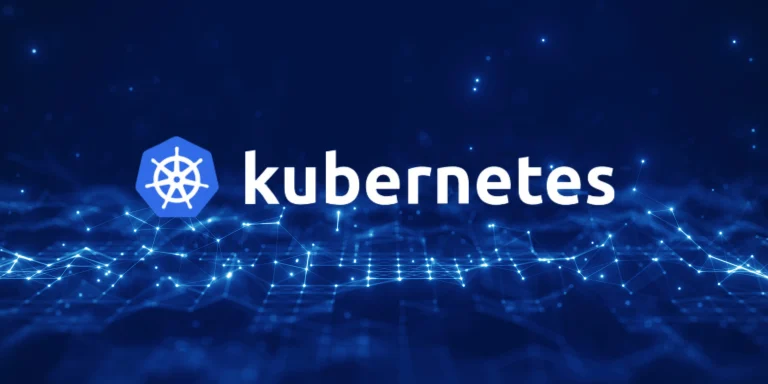Hybrid cloud computing is already defining the future of business data storage and management. It provides a system, where companies can leverage the public and private clouds for optimum flexibility. Going forward into 2024, the two main strategic business growth areas are–cost containment and IT Evolution with Hybrid Cloud.
The mixture of private and public cloud environments provides fluidity. Enabling companies to respond to changing needs, handle more and more extensive pieces of data, and still keep the sensitive information secure.
This blog takes us through how hybrid cloud is shaping IT evolution in 2024, and what is in store for technology over the coming decade.
IT Evolution With Hybrid Cloud In 2024
Hybrid cloud adoption continues to surge on in 2024, and there is a justified reason for this. It aids in cost-cutting since companies consider the public cloud for no sensitive data, and the private cloud for critical information. This way, one pays only for what he needs, scaling up or down as required. Offering varied options to the entity.
With an increasing number of employees operating remotely, businesses are required to make provision of secure means. Also allowing access to company resources. The hybrid cloud empowers staff to work from any location, providing a seamless user experience with tools available from everywhere.
Hybrid cloud is leading organizations toward digital platforms. It allows for controlled movement from old on-premise IT systems to cloud-based solutions. Eventually, now or later we all will move to the digital much easier and secure.
All these trends indicate that the hybrid cloud will be one of the basic blocks of the IT strategies, independent of size.
Benefits Of Hybrid Cloud
A number of key advantages underline the prominence of the IT evolution with hybrid cloud as an option for business enterprises today. In this way, flexibility is derived since businesses can choose to keep sensitive information on a private cloud and less critical data on the various public clouds at their disposal. Essentially, businesses are assured of both security and scalability.
Cost Efficiency: In terms of the hybrid cloud, a business can bring down the cost through a pay-per-use of the resources. Public cloud is an affordable way of managing less-sensitive data, while the private cloud handles critical information.
Security and Compliance: In an era where business data is so much required by industries like healthcare and finance, security is their highest priority. Hybrid clouds enable businesses to ensure that all sensitive data requiring high levels of security protection is stored within a private cloud, while other data and applications can be placed in public clouds. This will make compliance easier for data protection laws such as GDPR and HIPAA.
Scalability: It is one of the key reasons businesses opt for a hybrid cloud. It allows a business to scale up quickly every time the resources are required by using the public cloud solutions. This, therefore, creates the much-needed flexibility when business goes to the peaks, for example during seasonal sales and product launches.
These and others are the reasons why hybrid cloud has come up onto the scene and become a smart choice for businesses that say security and efficiency in one breath.
Key Technologies Shaping Hybrid Cloud In The Next Decade
The future of hybrid cloud is driven by technological innovation. Some of the most influential trends that would alter with future of cloud computing:
- Artificial Intelligence (AI) and Machine Learning (ML): These are making cloud environments smarter. They help businesses optimize cloud usage by predicting the future, and automating routine processes such as backups and updates. AI is also valuable for security by identifying any abnormal actions in good time.
- Edge Computing: A rising number of devices connected to the internet brings attention to edge computing. The processing of data closer to the source of generation enhances realizing speed and efficiency in the operations of businesses. Hybrid cloud plays a big role here, joining edge devices to the cloud to make sure that businesses process data quickly and safely.
- Containerization and Kubernetes: Real needs for a business that wishes to take applications from one environment to another. Kubernetes helps firms deal with containerized applications by allowing service deployment and horizontal scalability across clouds—both public and private.
- 5G Networks: The rollout of 5G is about to make hybrid cloud even stronger. With faster Internet speeds, it will be possible for businesses to shift data between clouds at faster rates. This better performs the process and reduces latency, especially for businesses reliant on real-time data processing.
These technologies will fuel further evolution of the hybrid cloud and continue to provide even more ways in which businesses can improve their IT operations.

Challenges And Solutions
While IT Evolution with Hybrid Cloud offers many benefits, it also presents challenges. A few of the challenges are surmountable, with solutions in place, such as:
Data Integration and Migration: The transfer of data from on-premise systems to the cloud is intricate and delicate. A business can only mitigate the risks of losing or disrupting data if they plan their migration. Trusted migration tools and working with cloud experts can ensure a smooth transition.
Data Management: There’s a lot of complexity in the management of multi-cloud environments by way of oversight for both public and private clouds. Many organizations do not even have visibility into knowing their cloud usage across various platforms. But, there are management tools in place to make the process easier. As they offer unified dashboards that are defended and give full control by businesses to such hybrid environments.
Security Risks: Security of the data is paramount in a hybrid cloud environment. Among the strong security measures businesses need to put in place are encrypting and multi-factor authenticating their data. Security policies also need to be monitored regularly and updated to avert cases of cyberattack.
Compliance with regulations: Finance and healthcare are very sensitive industries and face data regulations. Therefore, hybrid cloud systems must make sure they are operating within the law so as not to face the penalties.
Hence, the companies should consult with legal teams to ensure they follow all the necessary procedures for the protection of personal data.
Future Of Hybrid Cloud Systems
Hybrid cloud systems will grow a lot in the next few years. AI will manage these systems more, predicting what needs to be done and running things automatically. This will free up IT staff to handle more important tasks. As more devices connect to the internet, businesses will use edge computing to keep up. These hybrid cloud systems will allow data to be processed on-site and then quickly sent to cloud storage when needed.
Quantum computing will likely play a big role in speeding up how complex data is processed for everyday business. At the same time, hybrid cloud providers will improve security to protect against new cyber threats. We can expect better data encryption, advanced tools for user verification, and stronger policies for keeping sensitive information safe. IT Evolution with Hybrid Cloud will ensure businesses can keep up with evolving technology.
Conclusion
Hybrid clouds provide the agility, scalability, and security today’s fast-moving world requires. From 2024 onwards, hybrid cloud technology will further spread as new innovations like AI, edge computing, and 5G take a central place in the IT strategy; they will aid firms in adapting at speed to new challenges and taking up new opportunities.
Companies that are already using IT evolution with hybrid cloud are the ones set up for long-term success. Hybrid cloud is not simply another fleeting trend; rather, it’s the future of IT. The businesses that invest in it now will be in an extraordinary position for growth and success into the next decade and beyond.







